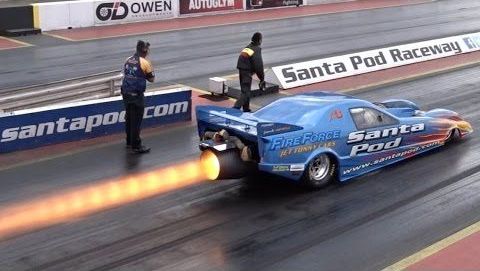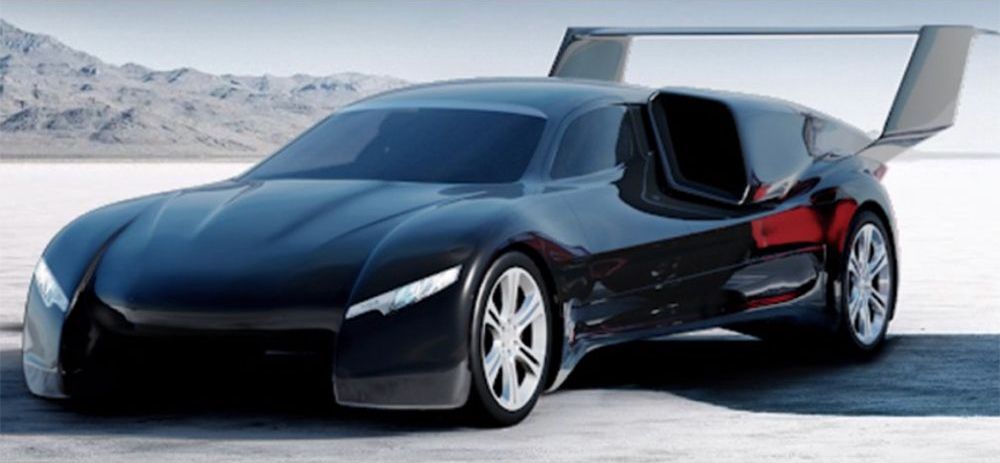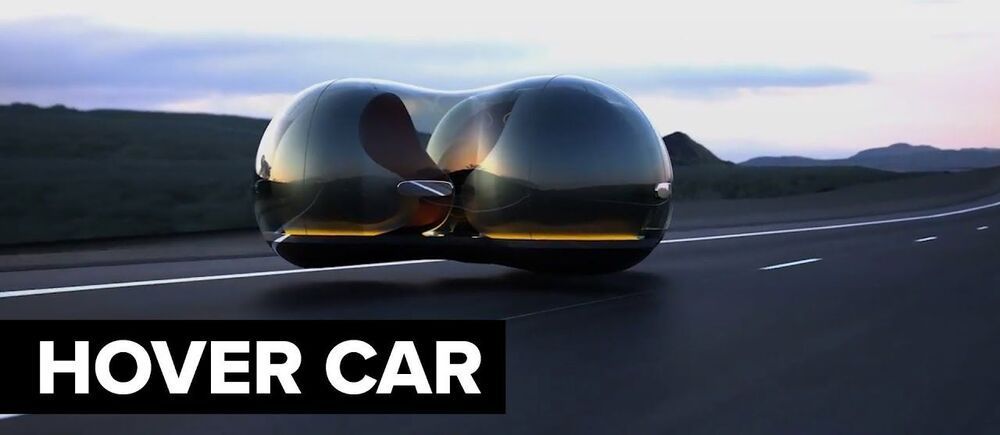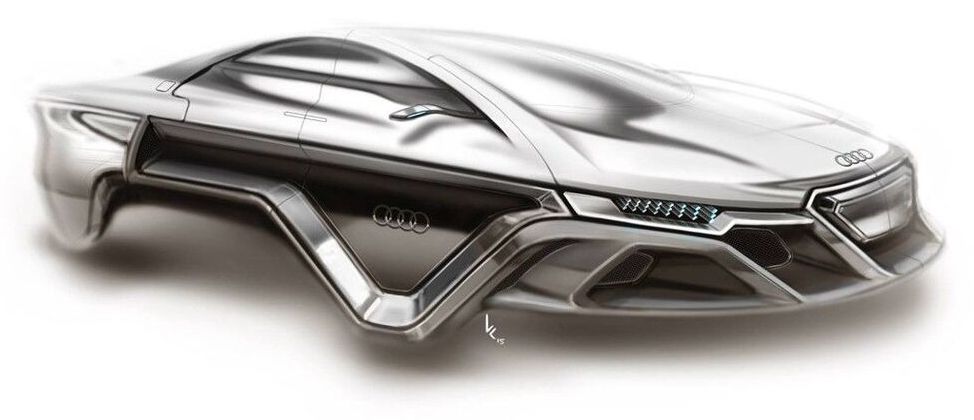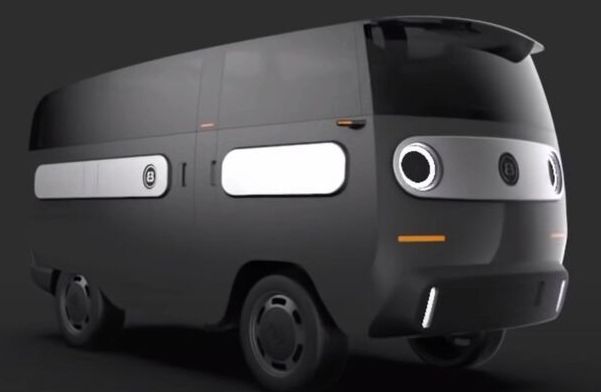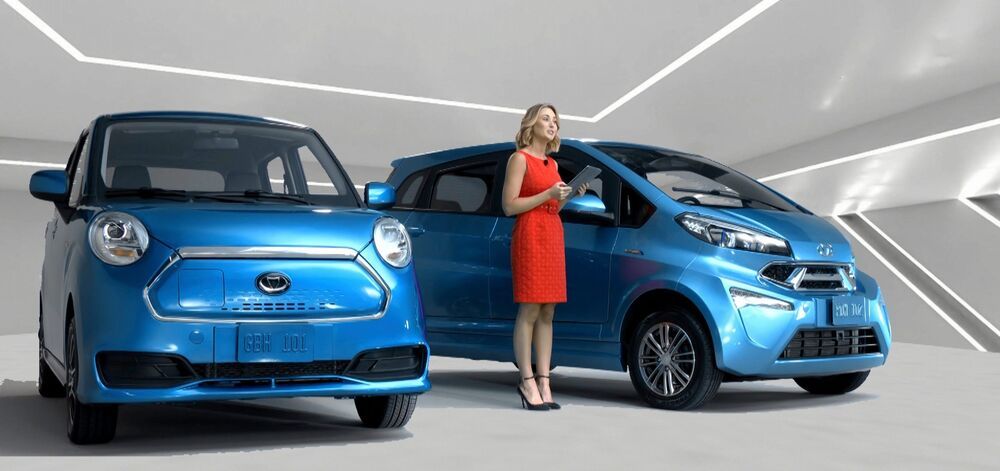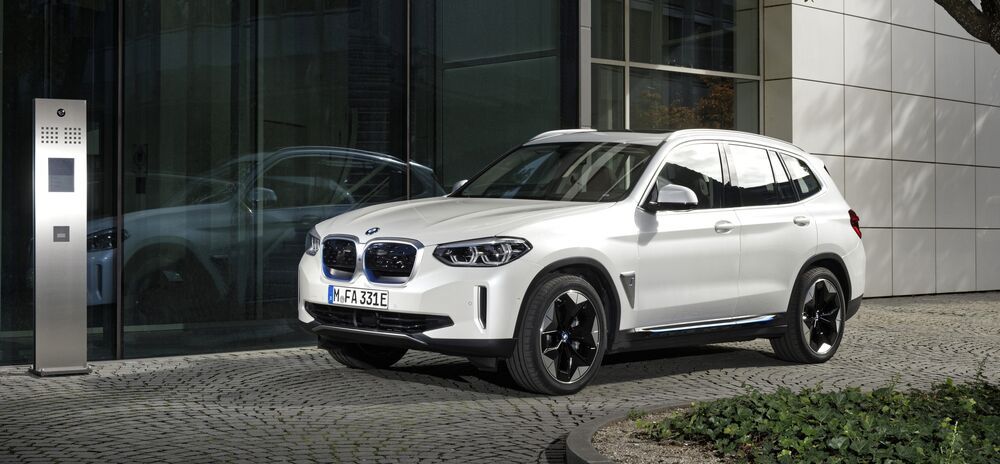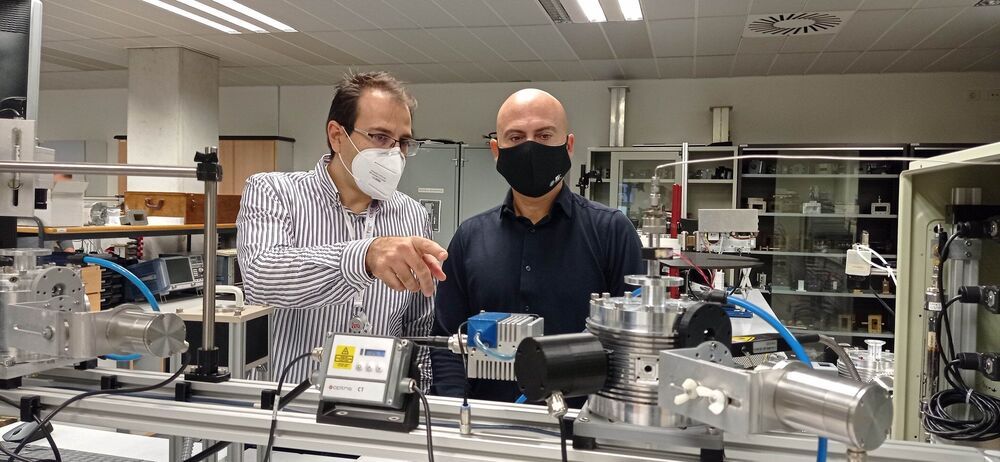2016 VW Action at Santa Pod Raceway. The FireForce 3 Jet car is officially the fastest jet car in the world over the 1/4 mile, having run a 5.79 @ 336mph before!! It is powered by a Pratt & Whitney J60 engine from a Sikorsky Skycrane helicopter, with 5500lbs of thrust, converting to over 10,000hp. Nice video of it still running in the 5’s with a 5.95 but opening the chutes early to cross the line at 224mph.
Real life version of the GTA Vigilante
Please like the videos, subscribe, check out my facebook page and contact me if you are looking for a video of your vehicle. I may just have one smile
https://www.facebook.com/VeeDubRacing
